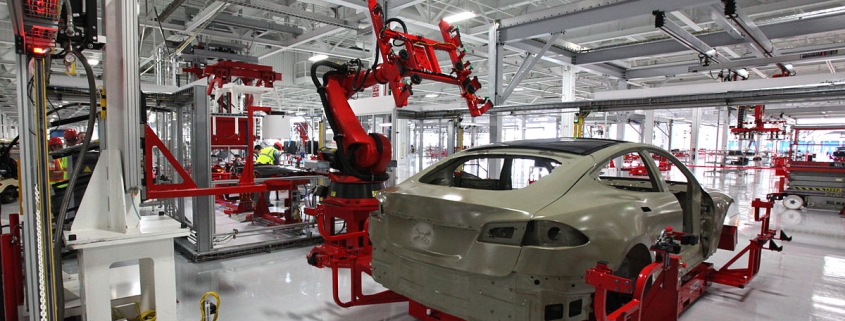Tesla is forced to suspend production in Germany due to attacks in the Red Sea.
Tesla is forced to suspend a large portion of its car production at its German factory from January 29th to February 11th. This decision is not a result of decreased demand, but rather a shortage of components caused by changes in shipping routes following a series of attacks on ships in the Red Sea.
The attacks carried out by Houthi militants, backed by Iran and in solidarity with Hamas, have caused disruptions in Tesla’s supply chains. The company stated in a statement that these attacks would result in significant disruption. The conflicts in the Red Sea and adjustments in shipping routes between Europe and Asia via the Cape of Good Hope have also impacted production in Gruenheide, with significantly longer transportation times creating gaps in the supply chains.
While other companies may have been affected by similar delays, Tesla is the first to publicly address these issues, according to Reuters reports. The reliance on many key components from Asia, particularly China, exposes a potential vulnerability in the supply chain for any automaker.
Sam Fiorani, vice president of AutoForecast Solutions, points out that Tesla’s dependence on China for its battery components, transported to Europe via the Red Sea, is a potential weak point in the supply chain. He suggests that other automakers may also face similar issues in the future.
In addition to supply chain issues, Tesla is currently in conflict with the Swedish union IF Metall over the signing of a collective agreement in Europe.
Tesla announces that production will resume at full capacity on February 12th. However, the company has not specified the specific components that it is having difficulty acquiring. This situation highlights the challenges that automakers face due to the complexity of their interconnected supply chains.



